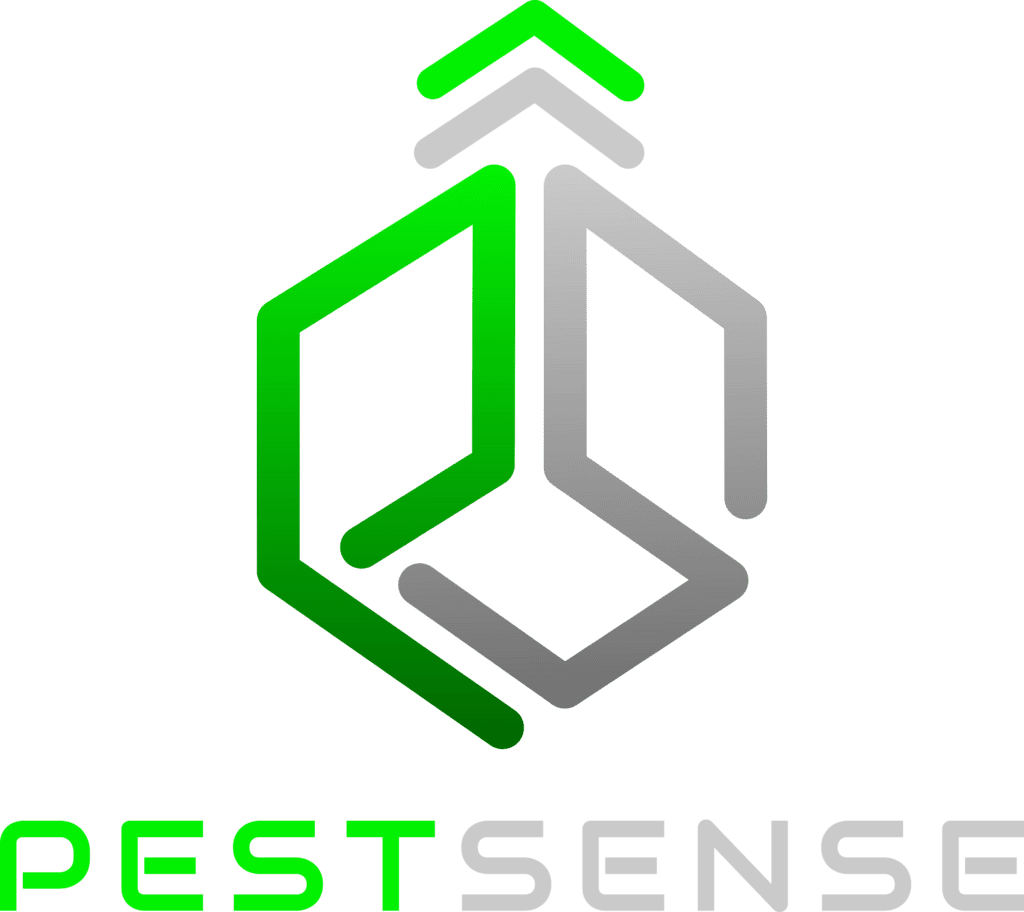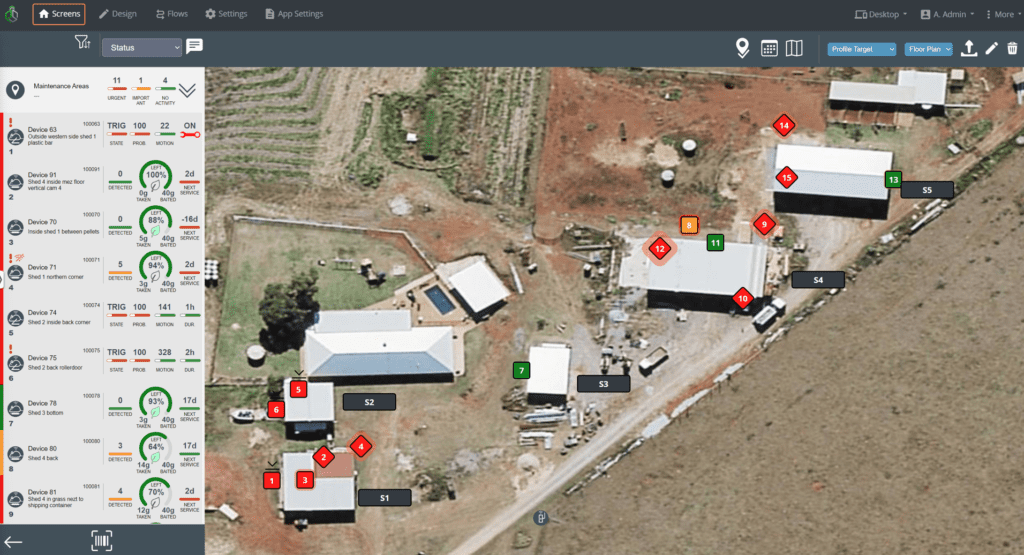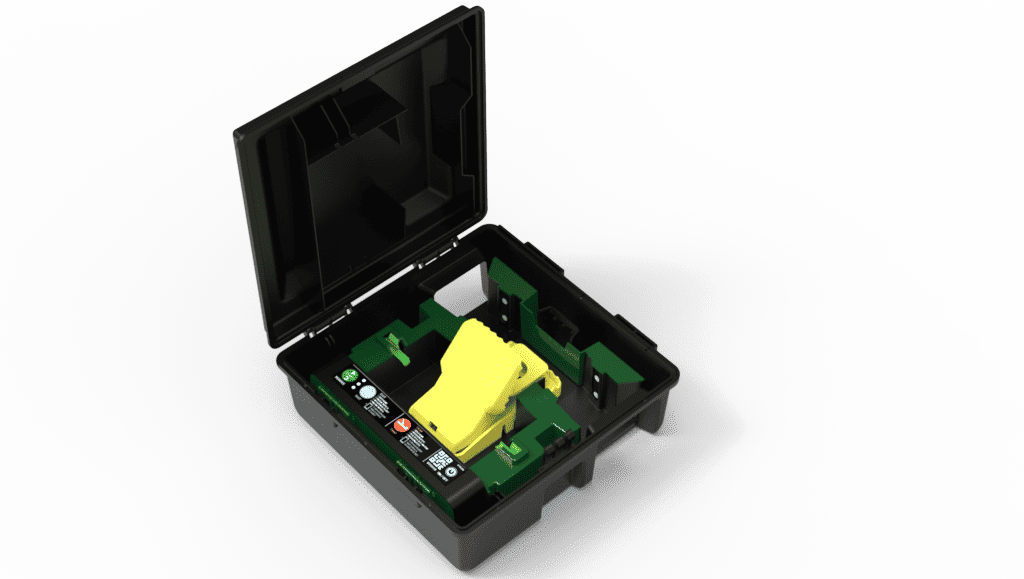Smart pest management is not only a technological solution but also a strategic one. It is aligned with the principles of integrated pest management (IPM), which aims to reduce:
- pest-induced crop and other losses
- the impact on the wider ecosystem &
- greenhouse gas emissions (per unit of food produced)
IPM can also make agricultural systems more resilient to climate change impacts and involves:
- Assessing the pest situation and the potential risks and benefits of different control options.
- Implementing a combination of preventive, cultural, physical, biological, and chemical methods to manage pests, with a preference for the least harmful and most sustainable ones.
- Monitoring and evaluating the effectiveness and impact of pest management actions and adjusting them as needed.
Smart pest management can help optimize the implementation of IPM by providing accurate and timely information, feedback, and guidance on the pest situation and the best control options. It can also help reduce the reliance on chemical methods and increase the use of preventive, cultural, physical, and biological methods, which are more compatible with IPM principles.
This is not only a current solution, but also a future one. Smart pest management is part of the broader trend of digital transformation and innovation that is reshaping various industries and sectors, including agriculture, food, health, and education. Smart pest management can offer several benefits and opportunities for businesses, such as:
- Enhancing the quality and safety of the products and services, and so by extension the reputation and trust of the customers and stakeholders.
- Improving the efficiency and productivity of the operations and processes, as well as the profitability and competitiveness of the business
- Supporting compliance and accountability to the regulations and standards, together with the sustainability and corporate social responsibility credentials of the business.




